How can you make the best use of your dobutamine stress echocardiogram (DSE) test? What preparation should you make beforehand? How can you know what a positive or negative test means? These are just some of the questions answered in this article about the dobutamine stress echo (DSE) test.
DSE test is a kind of stress test to assess the adequacy of blood flow to the heart
What is the DSE test?
The dobutamine stress echo is a test of your heart’s function. It can help your doctor determine if you have any blockages in your arteries, which could lead to a heart attack or sudden cardiac arrest. During a DSE test, you will receive an injection of dobutamine. Specifically, it should increase blood flow and contractions in your heart muscle. So, The DSE test is a type of echocardiogram that measures how your heart responds to stress. It can indicate if you have normal blood flow throughout your heart.
What is a stress test?
Anything that makes your heart pump harder and faster is a stress to the heart.
Few heart diseases can be identified during stress only. A few examples of such heart diseases are coronary artery diseases in stable patients. Anything that makes your heart pump harder and faster in a controlled manner is a definitive test to diagnose such heart diseases.
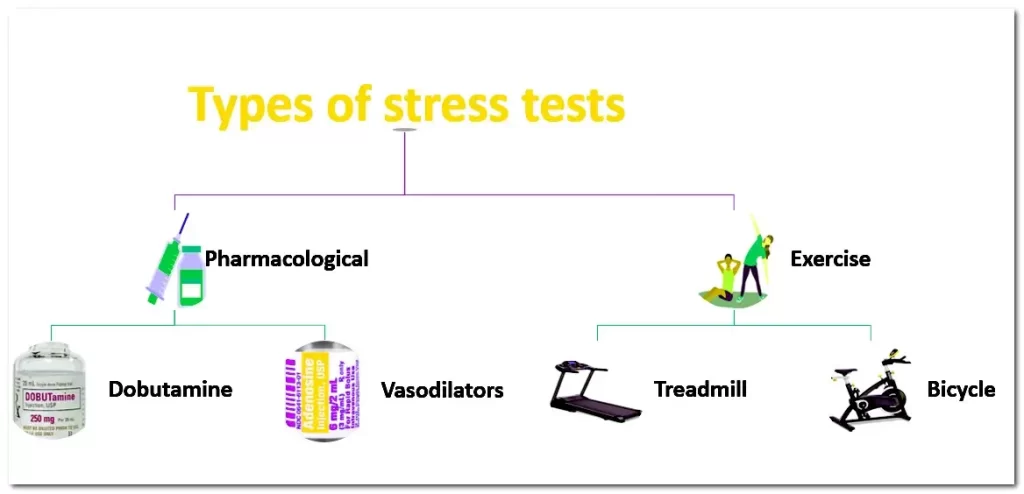
Types of DSE tests
- Pharmacological
-
-
-
- Dobutamine
- Vasodilators
-
-
- Exercise
-
-
-
- Treadmill
- Bicycle
-
-
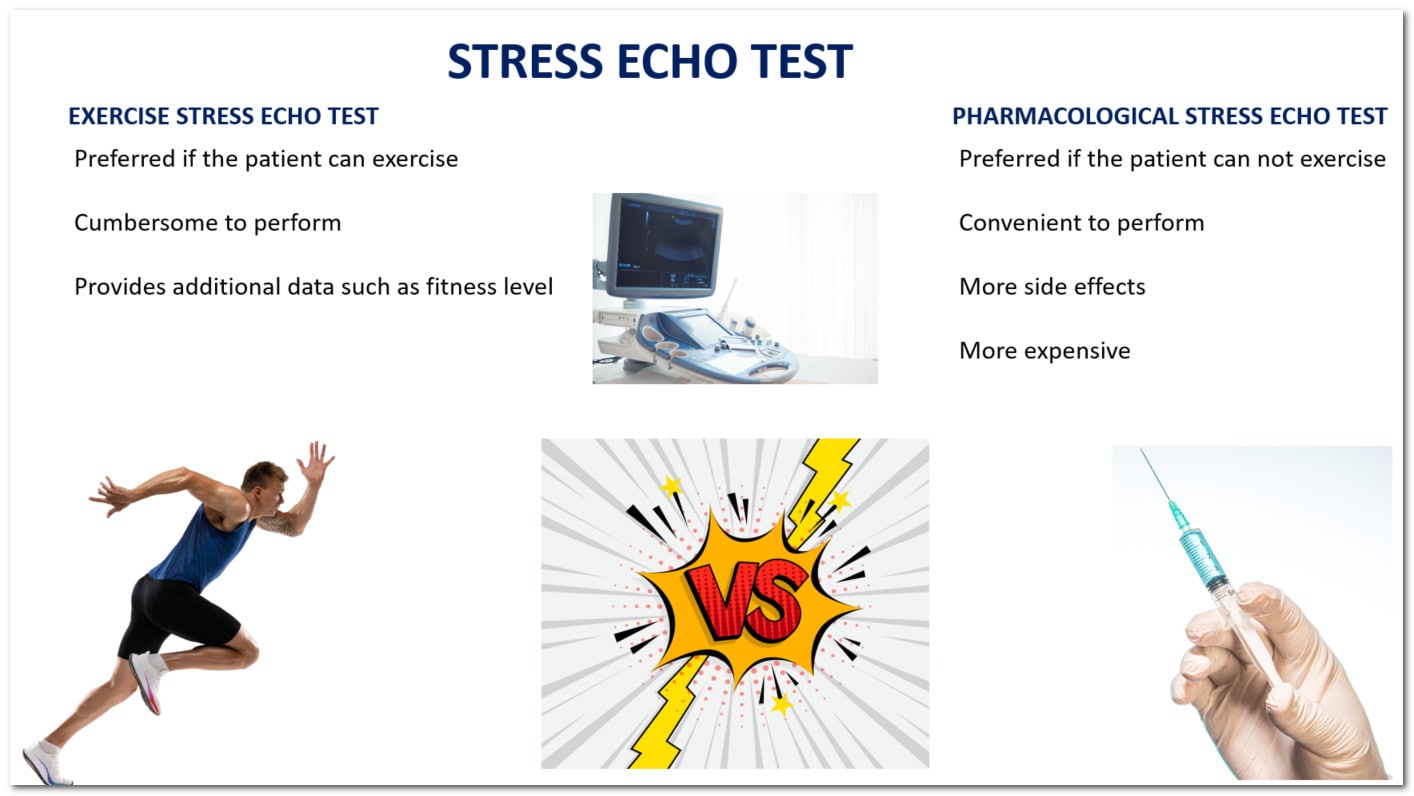
Dobutamine stress echo test indications
- To know about blockages in the coronary arteries (coronary artery disease)
- Viability assessment in Heart failure.
- The severity of valvular heart diseases in unequivocal cases
-
-
- Mitral stenosis
- Aortic stenosis
-
-
- To assess the severity of obstruction on HOCM.
Contraindications for the DSE test
Contraindications are the same as those for stress ECG tests. Other contraindications are
- Atrial fibrillation – A rhythm abnormality with a rapid, erratic heartbeat
- Significant ventricular arrhythmias – Another type of rhythm abnormality of the heart where rhythm originates from the lower chambers
- Recent Heart attack or myocardial infarction (within the last three days)
- Current severe heart pain (angina) or unstable angina
- Very high blood pressure (resting systolic blood pressure >180 mmHg)
- Severe obstruction of left ventricle outlet – severe aortic stenosis or severe HOCM
- Aortic dissection: Aortic dissection occurs when the inner layer of your aorta, the major artery that transports blood from your heart to your body, tears.
Pharmacological Vs. exercise DSE
Exercise stress echo is preferable for patients capable of performing an exercise.
Exercise stress echo test
There are two types of Exercise stress echo
- Treadmill
Before and immediately after exercise on a treadmill, heart pictures are taken with a 2d echo machine.
With Treadmill stress echo, you should be transformed from the treadmill to a recumbent position within a few seconds. Images have to be taken as quickly as feasible, usually within 60 seconds of stopping exercise. This is the main disadvantage of this test.
- Bicycle ergometry
Bicycle ergometry has the advantage of allowing continuous monitoring of wall motion throughout exercise. No need to transform to a supine position. We can take images when the test is on go
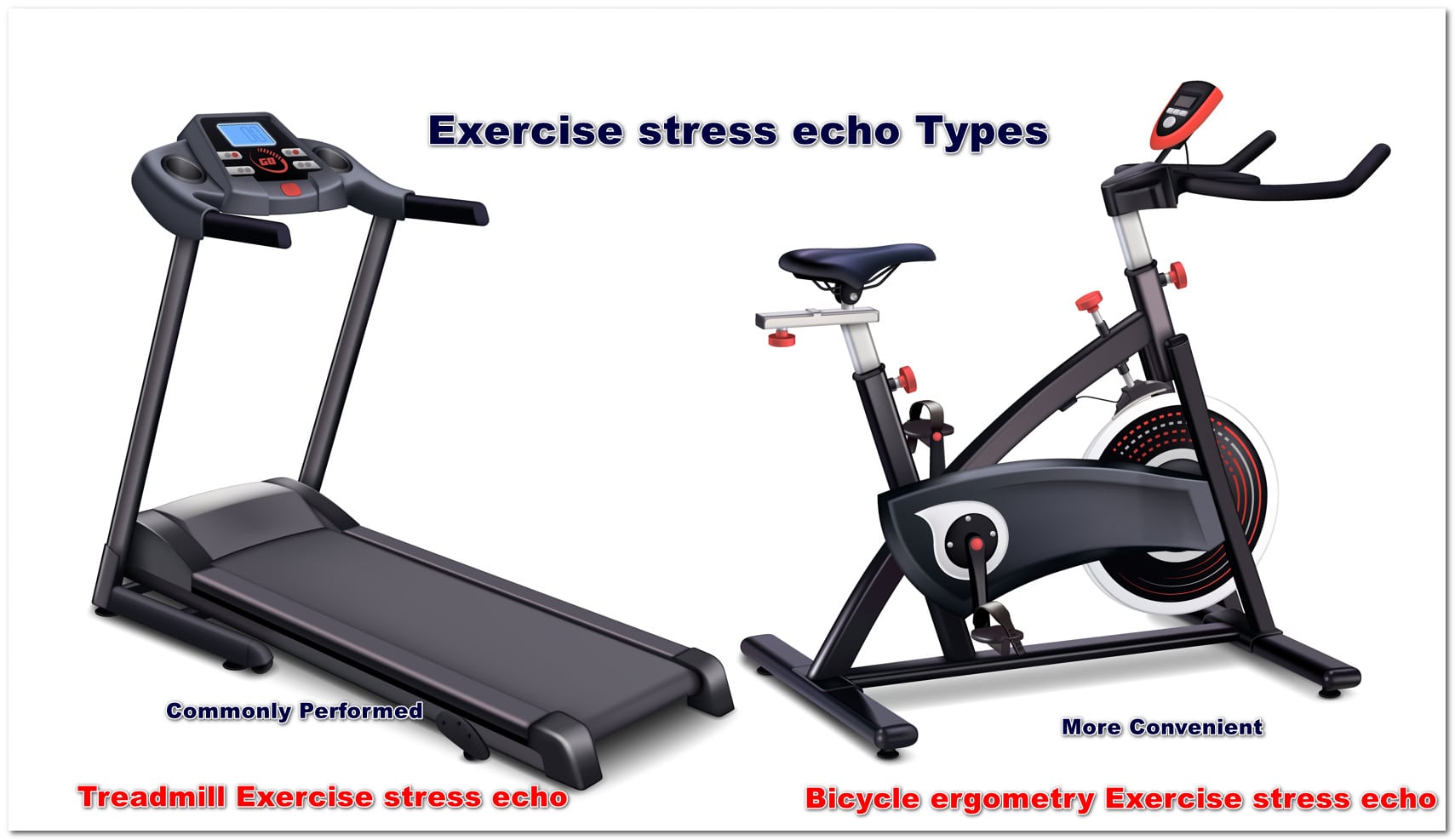
Pharmacologic stress echo
Patients who are unable to undertake exercise tests are given pharmacologic stress.
Dobutamine is the most common drug used in pharmacologic stress echo.
Vasodilators (e.g., dipyridamole, adenosine, regadenoson) are other agents used for pharmacologic stress echo.
Indications for contrast agents for Dobutamine stress echo
Contrast agents may be used when the Image quality of the 2d echo scan is sub-optimal or non –interpretable. Contrast agents are given through the intravenous route.
Suppose Contrast agents are not available. Older people, chronic smokers, Obese, and Patients with lung disease often need contrast agents. Nuclear stress tests (SPECT or PET) are the next choice.
Side effects of dobutamine stress echo test
The risks of DSE testing are low.
Life-threatening complications (ventricular fibrillation or myocardial infarction) are rare – 1 of every 2000 studies.
Some minor complications of dobutamine are
- Heart-related side effects
-
-
-
-
- Arrhythmias
- Chest pain
-
-
-
- Side effects not related to heart
-
-
-
-
- Nausea
- Anxiety
- Headache
- Tremor
- Urinary urgency
-
-
-
- Minor arrhythmias – up to 30 percent incidence
- Atrial fibrillation -1 percent chance
- Nonsustained ventricular tachyarrhythmias – 3 percent risk
- Ventricular tachycardia is rare, occurring in 0.1 to 0.3 percent of studies.
- Although chest pain has been reported in up to 11 percent of patients receiving dobutamine for stress testing, severe complications from myocardial ischemia are very uncommon.
When Can I Expect My Results?
After your dobutamine stress echo test is complete, you should receive your results immediately. Your doctor will also provide a full report on your Heart function and any areas of concern.
Preparing for Your DSE Test
This guide will cover everything you need to know about it, including how to prepare, what to expect during the test, and what the results mean after you get them back from your doctor.
– Your doctor will have any doubts about the test you may have.
-Avoid smoking before your appointment.
-You will be asked to sign a consent form.
-Tell your doctor if you are allergic or sensitive to any drugs.
-Before the exam, you may need to fast. Your doctor will tell you how long you should go without eating or drinking.
-Tobacco and caffeinated beverages may be prohibited for many hours before testing, including coffee and tea.
-Disclose All drugs you are regularly taking.
-Certain medications, such as beta-blockers, may be prohibited before the test at least for 3 to 5 days.
-If you have a pacemaker, tell your doctor.
What Happens During a DSE Test?
You can have a dobutamine stress echo (DSE) as an outpatient procedure or as part of your hospital stay.
In general, a DSE follows the following steps:
-
-
-
- Pretest or rest
- Test – 5 stages of three minutes each
- Post-test or recovery
-
-
Pretest or rest
-Any jewelry that could interfere with the test is to be removed. If you have glasses, dentures, or hearing aids, you may wear them.
-You will be asked to wear a hospital gown.
-Empty your bladder before the test.
-The nurse will keep an Intravenous (IV) line in your hand or arm.
-You will lie on your left side on a table or bed during the test.
-You’ll be hooked up to an electrocardiogram (ECG) monitor, which captures and monitors your heart’s electrical activity.
-Your vital indicators (heart rate, blood pressure, breathing rate, and oxygen level) will be checked throughout the rest and recovery.
– You are often questioned about the onset of symptoms throughout the test.
-The room will be darkened so that the technician can see the images on the echo monitor.
-The technician will apply warmed gel to your chest before applying the transducer. He will take images of the heart at rest before dobutamine injection.
Test phase:
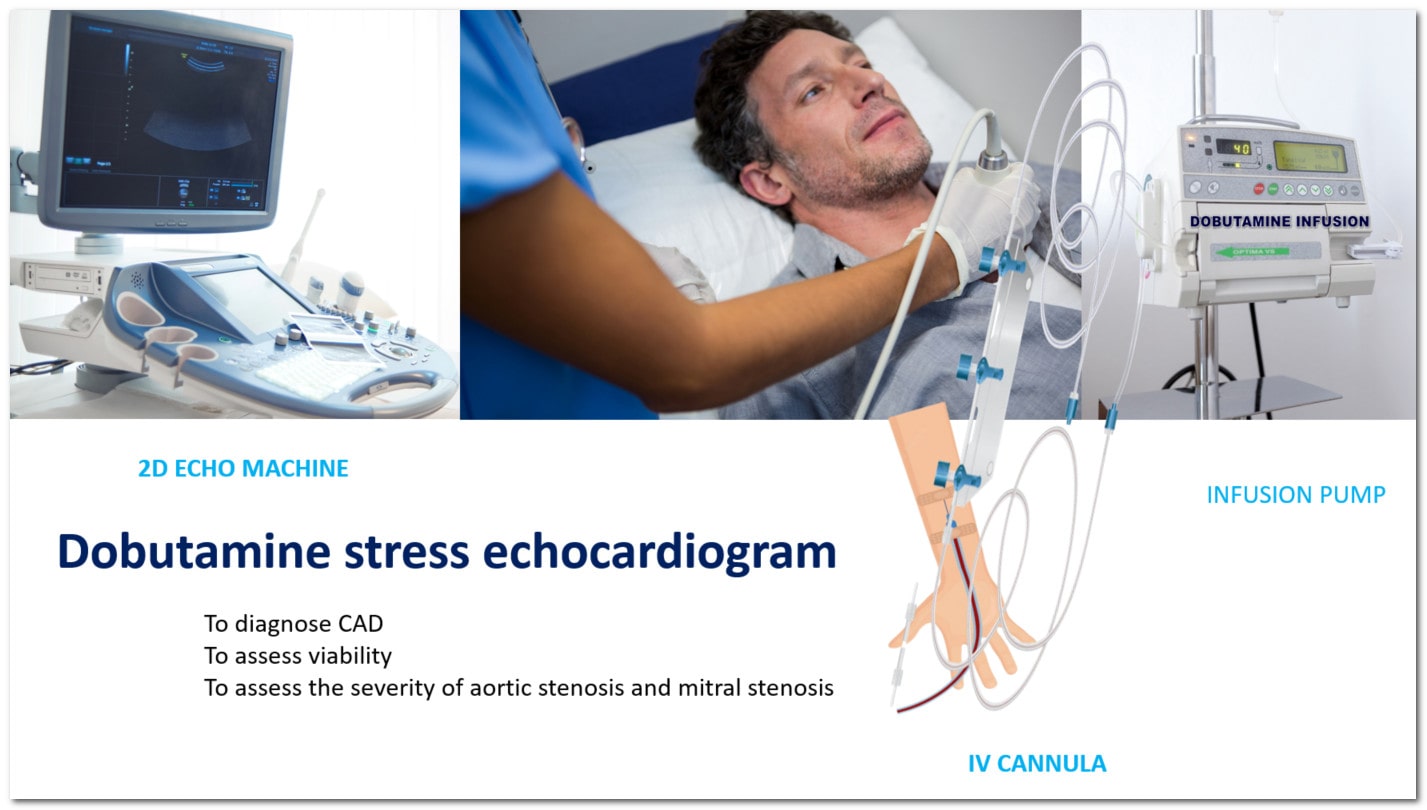
The nurse starts Dobutamine Infusion in a graded manner through the IV line. Every three minutes, The nurse increases the dosage of Dobutamine Infusion according to the dobutamine stress test protocol.
The test usually comprises five stages of three minutes each.
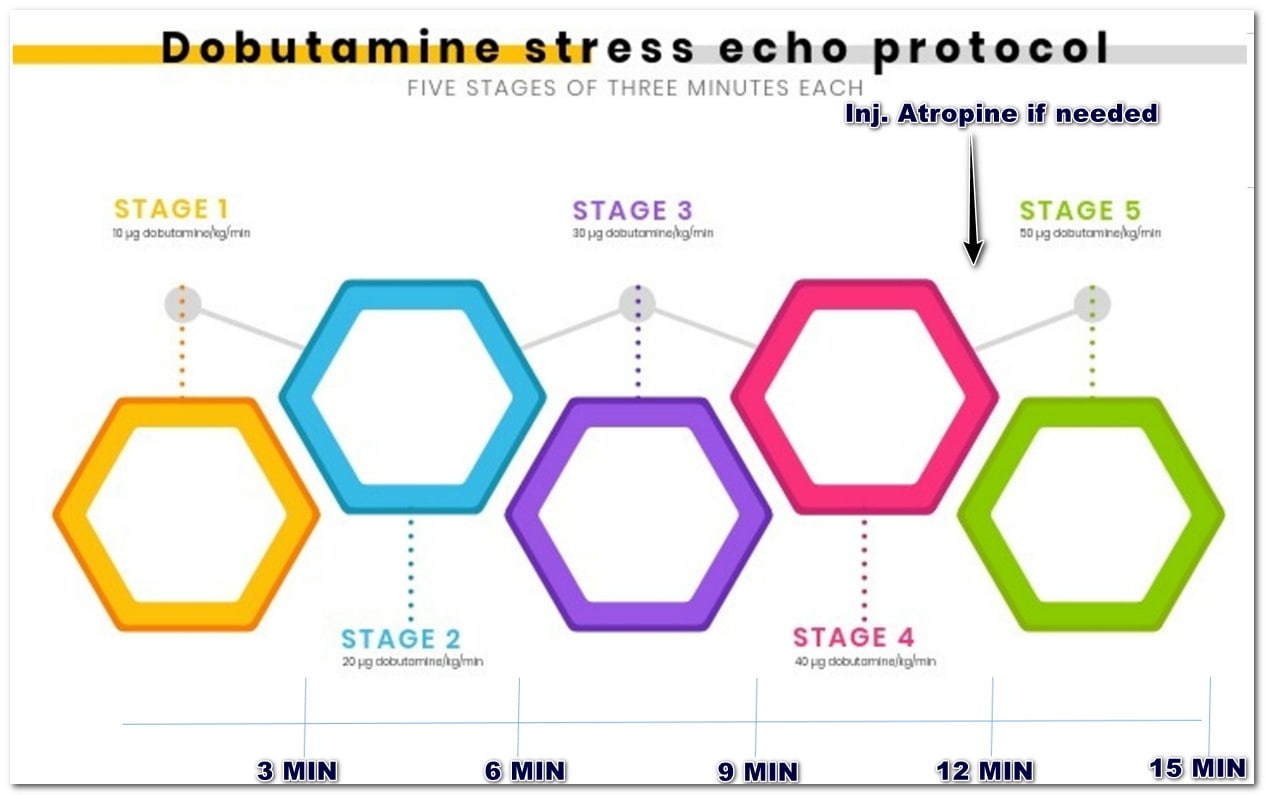
The test is completed if the target heart rate is achieved or all stages are finished.
Sometimes, To attain the target heart rate, your doctor may give another injection called atropine.
Echocardiographic pictures are obtained after each stage.
The test may also be stopped if complications such as severe symptoms, significant arrhythmias, or very high or low blood pressure develop.
Your doctor may tell you to stop the test if the test comes positive.
Recovery phase
-For another 10 to 15 minutes after completion of the test, your heart rate, blood pressure, and ECG will be monitored. The technician will take the final 2d echo images.
-Tell the technician or doctor if you have chest pain, difficulty breathing, sweating, or heart palpitations during or after the test.
-The technician or nurse will wipe the gel from your chest, remove the ECG pads, and remove the IV line. After that, you can put on your clothes.
Dobutamine stress echo test price in Hyderabad
The cost of the Dobutamine stress echo test varies depending upon
- Type of hospital – Corporate vs. nursing home
- Clinic Vs. Hospital
- Govt. Vs. Pvt.
The price typically ranges from 4000 Indian rupees to 8000 Indian rupees.
Insurance does not apply for it if you get it outpatient. You can get tax-exempt for the same.
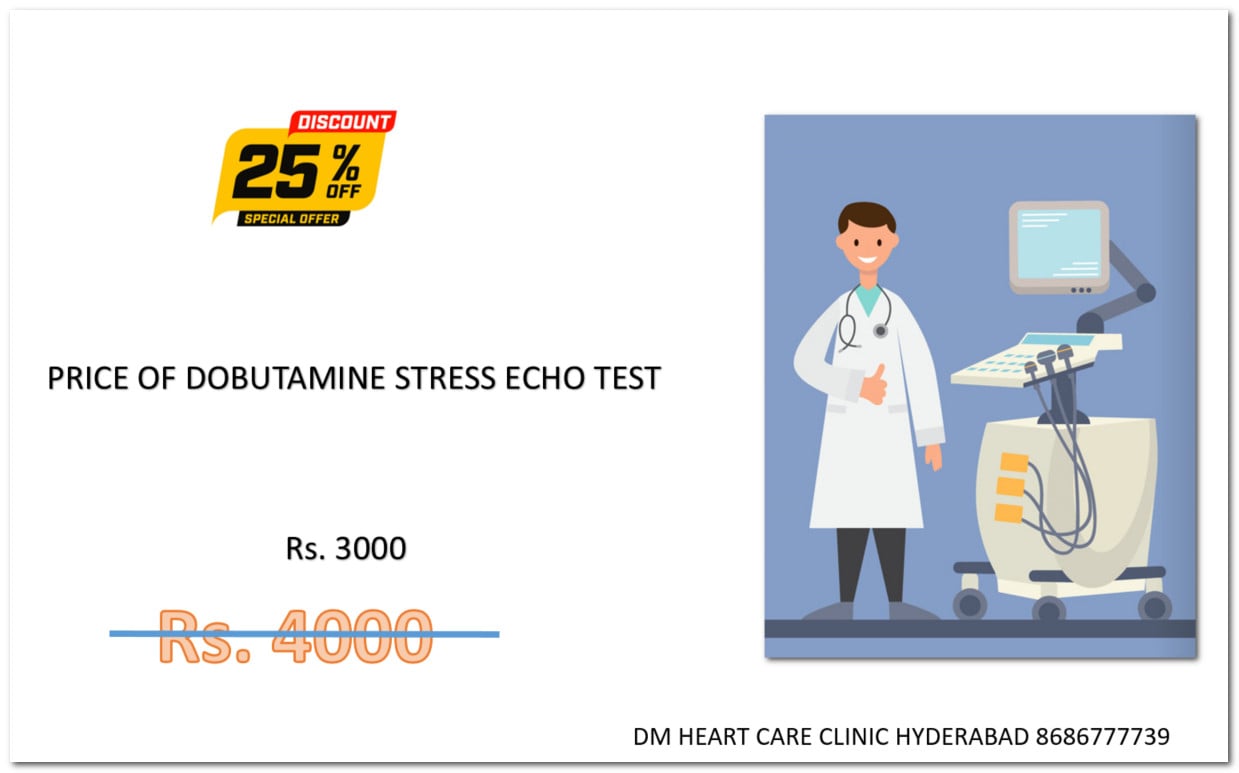
Which stress test is best for you?
AVAILABLE STRESS TESTS ARE ( ascending order of their cost and descending order of their availability)
- Stress ECG
- Stress Echo- exercise or pharmacological
- Nuclear stress test –SPECT
- Nuclear stress test –PET
- Cardiac MRI
Stress ECG is inexpensive, needs less expertise, and is widely available compared to other tests. The inexpensive test should always be considered if it provides the same accuracy. So, Stress ECG should always be the first choice unless a contraindication exists.
The following values for sensitivity and specificity were noted:
- Exercise ECG testing – 68 and 77 percent
- Nuclear stress test (SPECT) – Variable depending on the agent
- Stress echo – 76 and 88 percent
- PET – 91 and 82 percent
Stress echo has better accuracy compared to Exercise ECG testing.
Clinical data, potential side effects, prices, and test availability should all be considered when selecting a particular stress test over others.
Factors that determine the test preference is
- Local availability
- Local expertise
- Cost
- Patient’s body habitus (e.g., morbid obesity)
- Poor-quality echo images
- Radiation exposure
- Need for valvular disease assessment or viability assessment.
If you can exercise up to a reasonable workload
- An exercise stress test should be preferred – Exercise ECG or exercise stress echo.
- Patients who cannot exercise to an acceptable workload should have a pharmacologic stress test performed- DSE test or nuclear stress echo.
Is your ECG abnormal at the start?
Significant abnormalities on the baseline electrocardiogram (ECG) can render the stress ECG useless. one such example is the left bundle branch block.
If patients are expected to exercise to a satisfactory workload – Exercise stress echo.
If no – dobutamine stress echo or nuclear stress echo.
You may want or need to avoid radiation exposure.
A stress echo is indicated. The nuclear stress test is contraindicated.
If you have baseline LBBB or right ventricular pacing
Nuclear stress test with SPECT is preferable.
If you have severe obesity
Nuclear stress test with PET is available locally, and they should be used for individuals with severe obesity.
If you need myocardial viability
If available locally, a nuclear test with PET or cardiac MRI should be used. If these tests aren’t accessible, a Nuclear test with SPECT or stress echo can be used instead.
Where should I get a DSE test in Hyderabad, India?
DM heart care clinic in Attapur, Hyderabad, is the best cardiology clinic for a dobutamine stress echocardiogram test. We charge 4000 rupees for the DSE test.
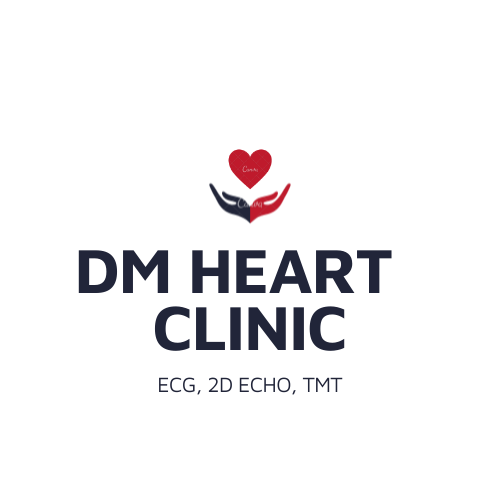

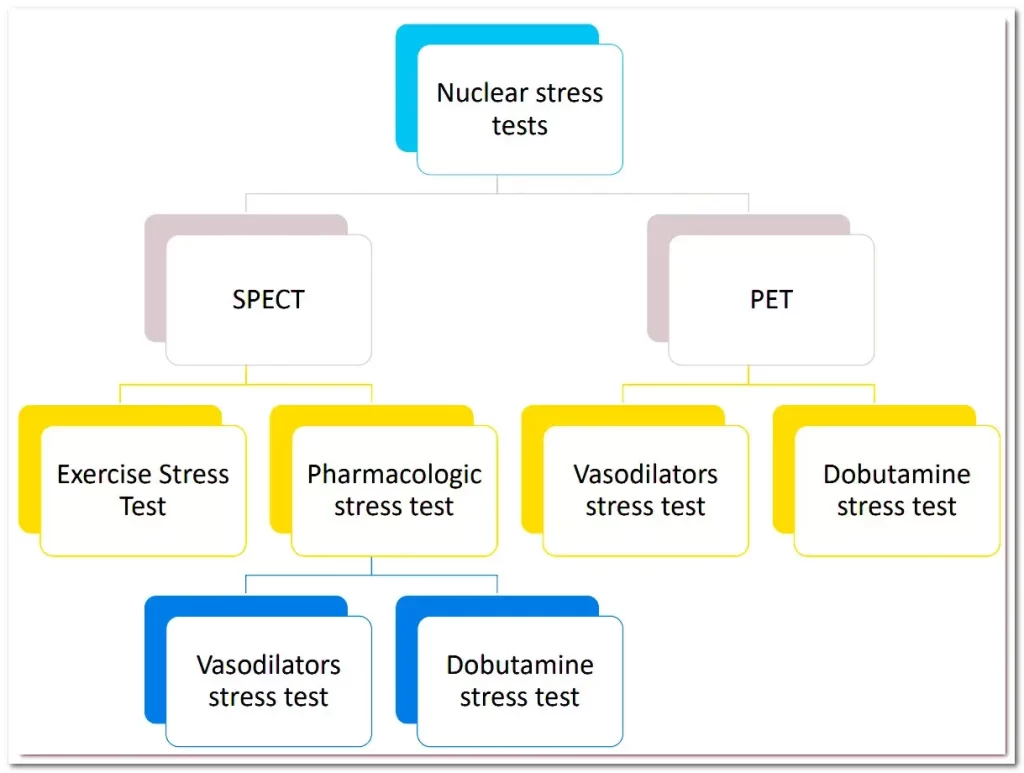



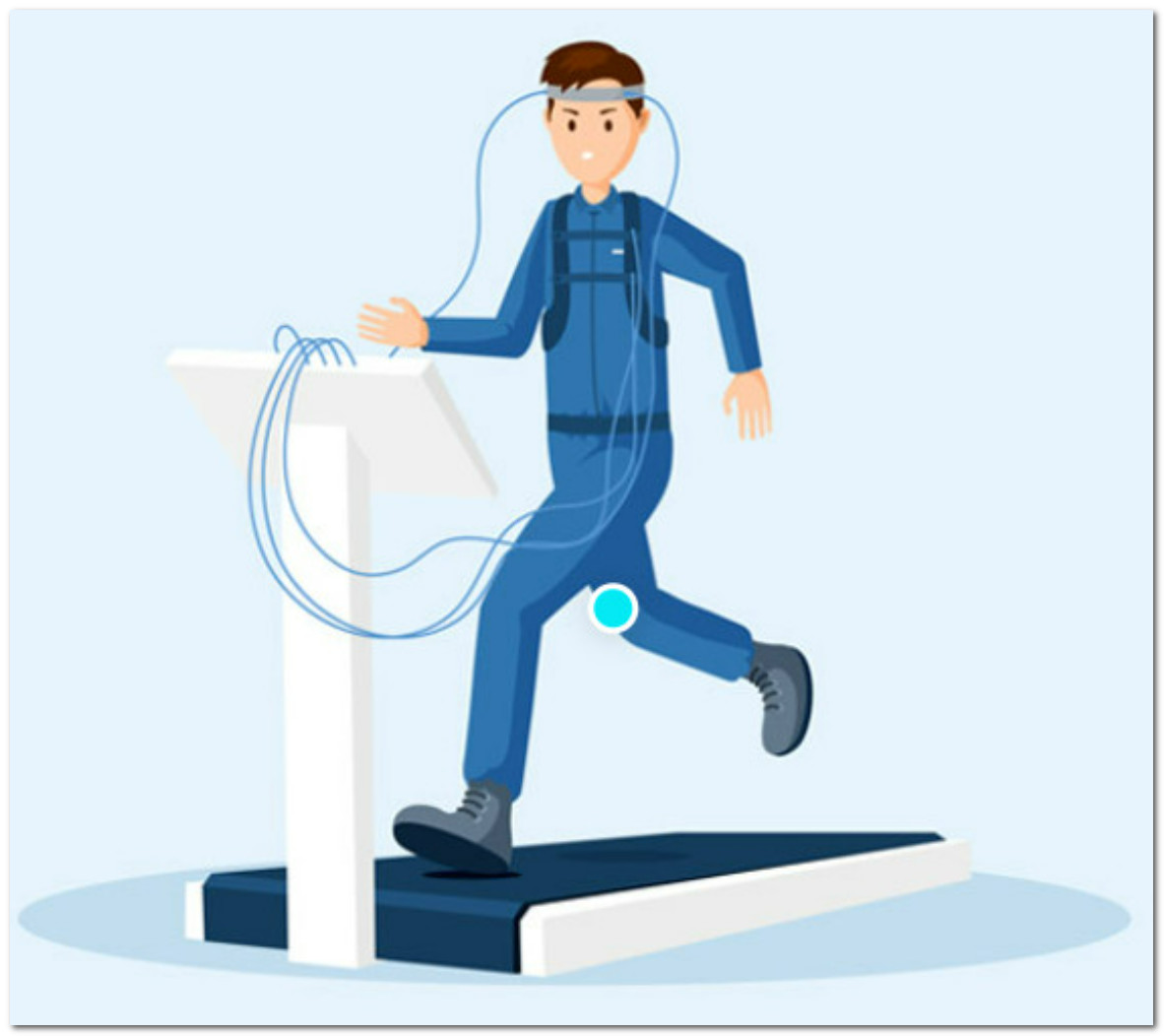
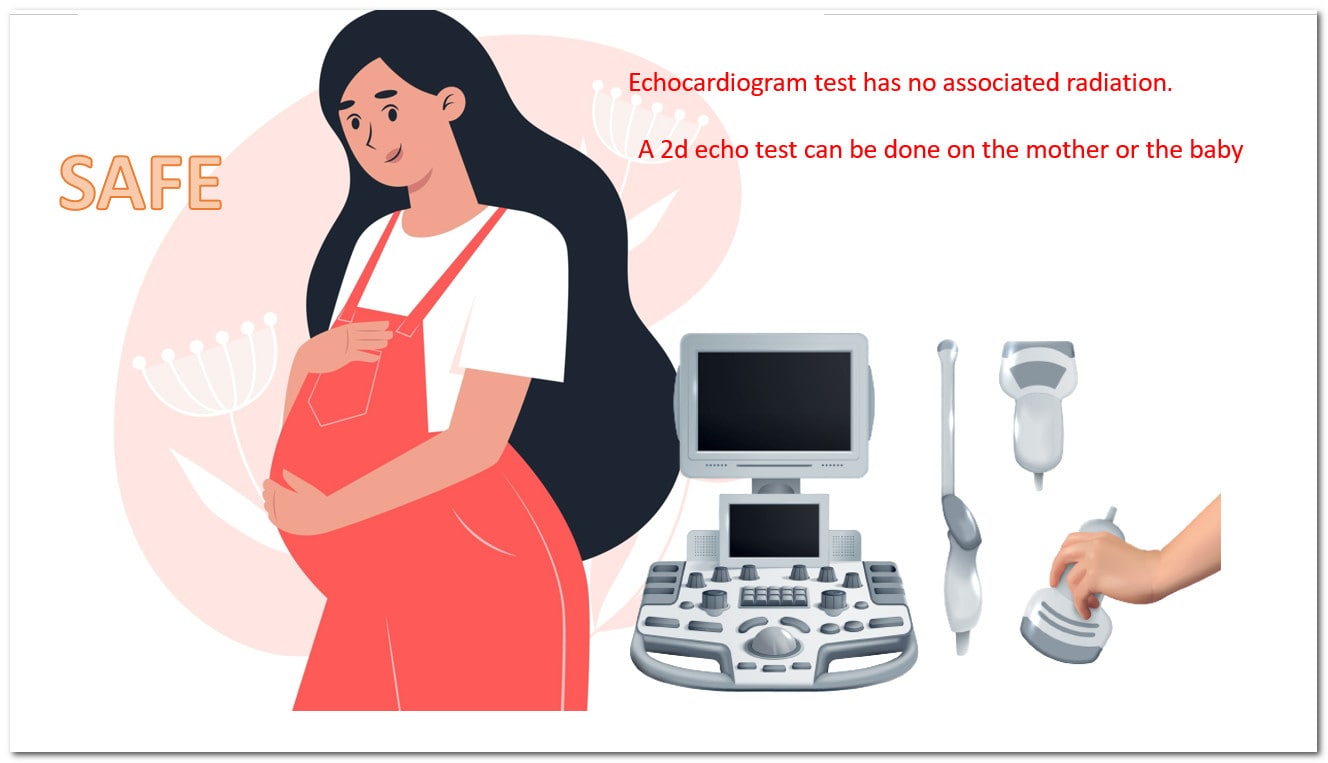
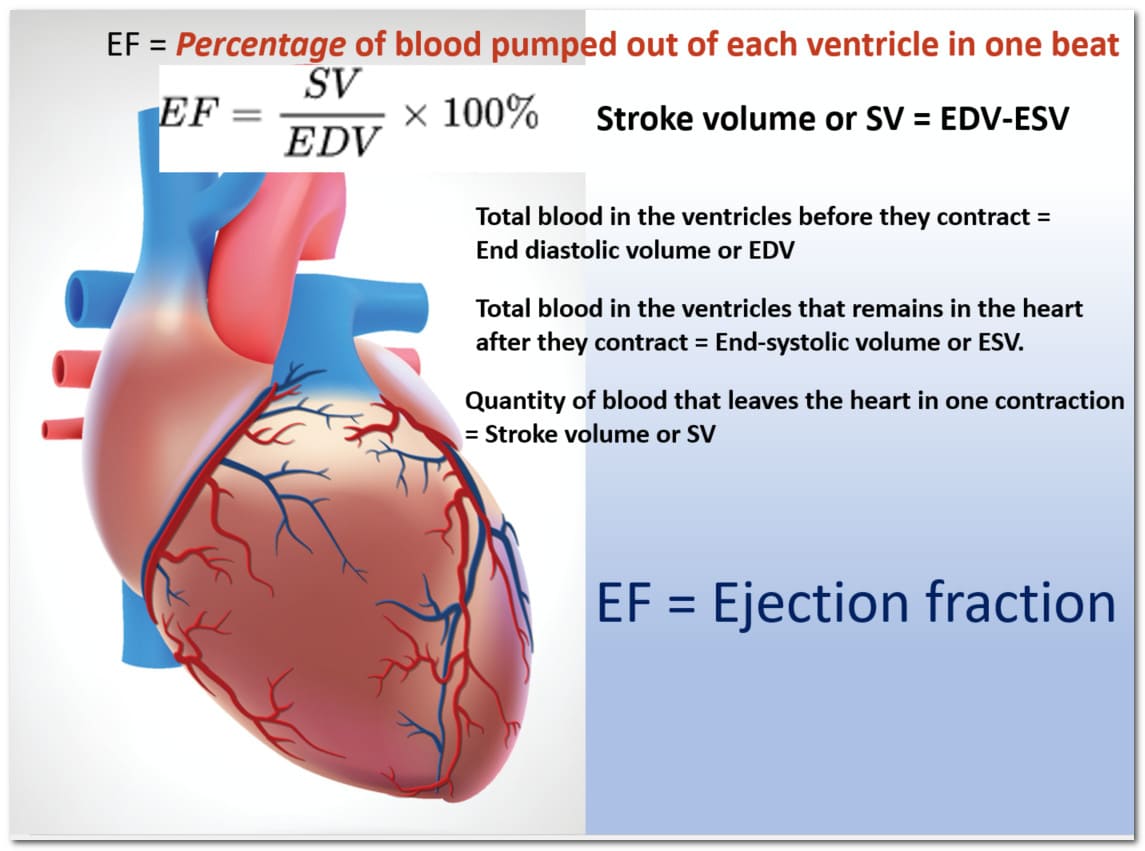
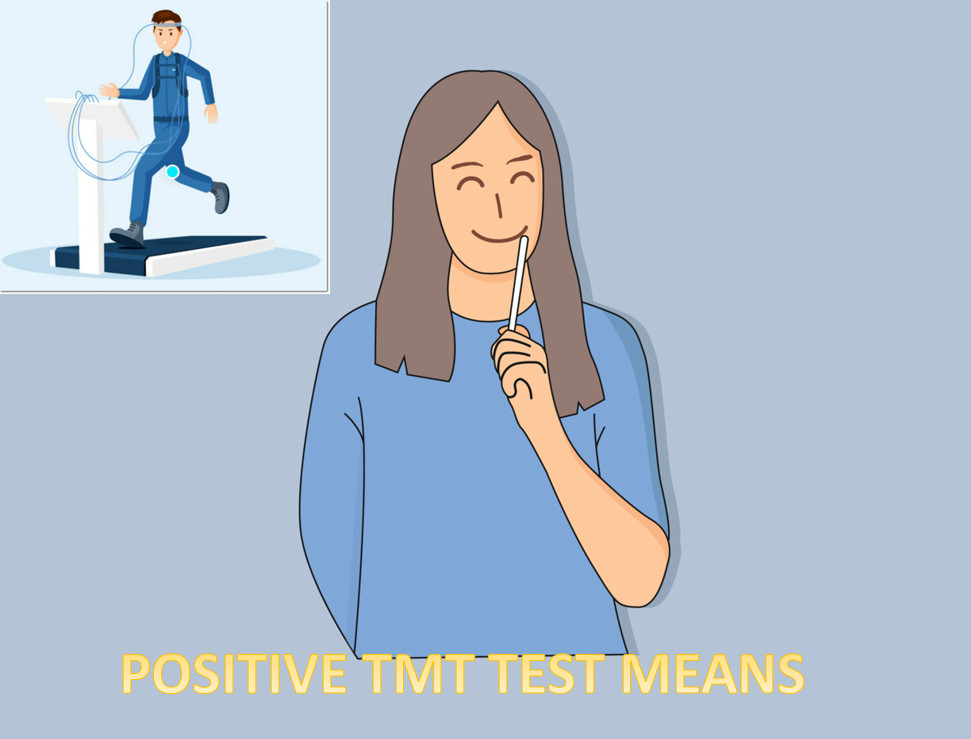


Pingback: BEST CARDIOLOGIST IN HYDERABAD, TELANGANA - CARDIOLOGIST HYDERABAD
Pingback: What is a 2d echo with a Doppler in Hyderabad ? - DM HEART CARE CLINIC
Pingback: 2d ఎకో పరీక్ష – 2d echo test in Telugu - CARDIOLOGIST IN HYDERABAD FOR ECG, 2D ECHO & STRESS TEST
Pingback: NUCLEAR STRESS TEST IN HYDERABAD - DM HEART CARE CLINIC
Pingback: Treadmill test in Hyderabad - DM HEART CARE CLINIC
Pingback: Looking for the best heart hospital in Attapur, Hyderabad? Look no further than DM heart care clinic! - DM HEART CARE CLINIC
Pingback: COST OF 2D ECHO TEST WITH DOPPLER IN HYDERABAD